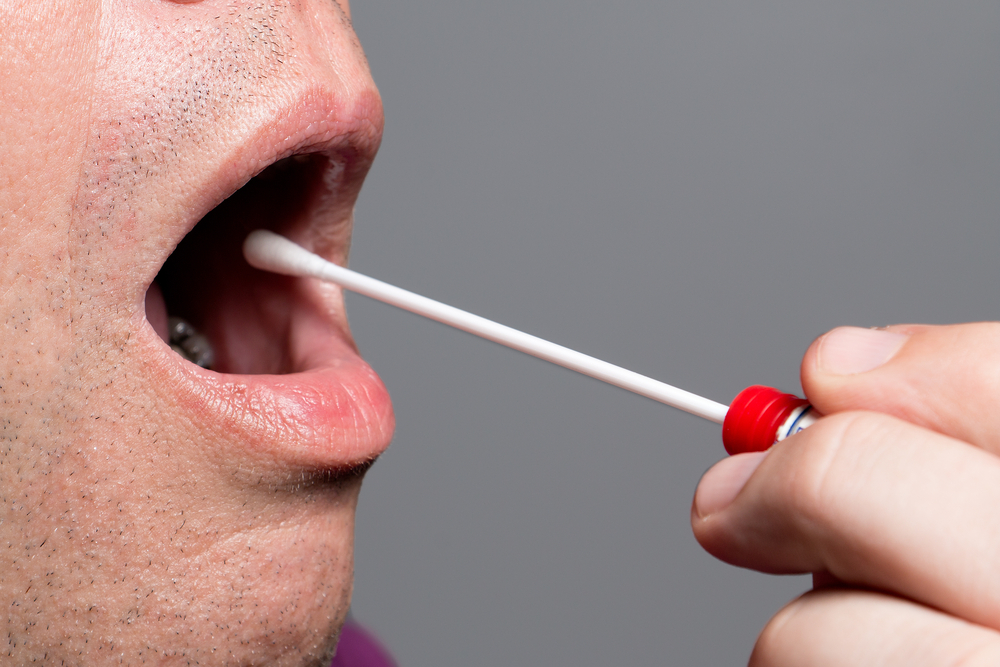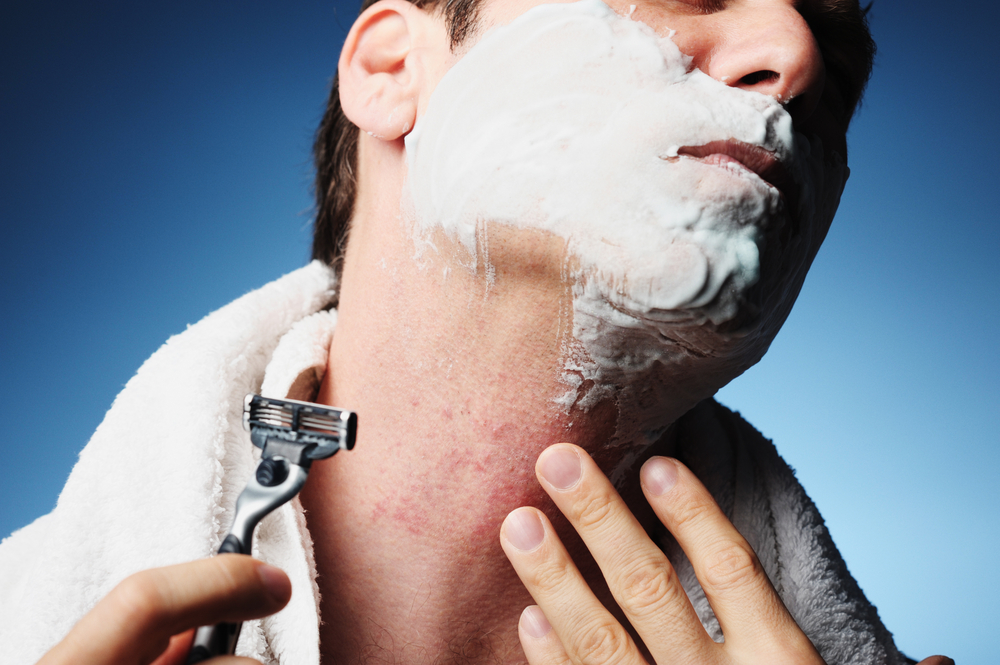- DNA testing is being used to personalize skin care regimens, with several companies now offering services that tailor product use to skin deficiencies.
- Some physicians and scientists remain skeptical, as DNA testing has yet to translate into truly customized skin treatments that are backed by clinical evidence.
The advent of services like 23andMe and Ancestry.com has heightened interest in learning about our heritage – sometimes to make a connection with long-lost family members, and other times to determine why a particular disease or condition has shown up in an individual family member.
This exploration of genetic heritage has been extended to skin care, with DNA testing now being offered by numerous companies as a way of identifying and treating specific skin concerns.
Do these services actually deliver on their promises? Here we review this trend and examine the available evidence.
Customized skin care: a rising trend
It’s been 15 years since the 2003 mapping of the human genome. Since then, we have seen a move towards the development of medical treatments tailored to our own genetics. This means that researchers and clinicians can potentially treat some diseases and conditions in a much more precise fashion.
With data showing that the current global market for individualized skincare products is valued at a staggering $12.2 billion, interest in the application of DNA mapping to skincare is also a rising trend.
Several apps have come to market that allow you to have your skin assessed. Questionnaires, algorithms and online Skype sessions are also used to provide recommendations for skincare products that address your individual concerns.
DNA testing, however, is more invested in probing your genetic code to find out what is inherently unique about you and your skin.
How do DNA skin tests work?
Just like any other DNA test you might take, those linked to skin care begin with a simple swab. This may be done by a company technician (in the case of a brick-and-mortar location) or it may be a do-it-yourself process.
The wait time for results largely depends on the supplier of the test. Some take a mere 30 minutes and are processed by the companies administering them while you wait in their stores or offices.
Others – like those that are self-administered with a kit – only generate results after a few weeks since the saliva sample may need to be provided to an independent laboratory for analysis.
This analysis typically results in a report that highlights what’s ‘wrong’ with your skin. With the test provider’s guidance, you can then make specific decisions about your own skin care.
What DNA testing can tell you about your skin
Genetic variations are thought to be predictive of what characteristics your skin will display. DNA test kits work under this premise to provide counsel on what skincare products and routines are best for you.
Not every test looks at the same aspects of your skin, but in general they will all give you some information on the basics and a plan to correct the damage to which your skin is prone based on your DNA results.
This allows for the development of products that address priority areas, such as aging, sun sensitivity, environmental sensitivity and antioxidant protection.
Several companies offering testing, like SkinShift or GeneU, will also sell you proprietary products matched to the results of your skin analysis.
These may include moisturizers, cleansers, toners, serums and skin supplements. The product recommendations will be made based on your skin needs as dictated by your DNA. These can translate to care regimens that help lower risk for skin cancer, boost elasticity, build collagen, diminish brown spots or prevent wrinkles from forming.
How much do these tests cost?
Costs vary widely. For the do-it yourself kind, several DNA test kits are readily available for purchase.
Companies like ORIG3N sell their kits for about $90 USD through large-volume suppliers like Amazon. Other suppliers include HomeDNA (less than $65 USD), New Life Genetics (less than $140 USD), and DNA Testing Centres of Canada ($199 CDN).
Of course, comprehensive services that also provide product recommendations are far more expensive. For example, GeneU’s program is priced at about $940 USD. This includes testing as well as a 2-week supply of the customized serums your results indicate are appropriate for you.
Is it really a game changer?
Not everyone is convinced that DNA testing is revolutionizing skin care. Dr. Greg Maguire of BioRegenerative Sciences in La Jolla, CA, says, “Genetic testing has been overly hyped as a great predictor for one’s health and for developing treatment regimens, and results are often misleading.”
This response is unsurprising as DNA tests can’t tell you everything – it is only part of the story when it comes to determining health.
While your genes are one indication of what might happen to your skin, other factors play a role as well, such as our physical environment. If your skin is constantly exposed to harsh weather or pollution, genetics will not make a difference. Smoking and drinking are also factors that have a big impact on your health and your skin.
The premise behind testing is that recent discoveries in human genome mapping should translate into improved treatments. Unfortunately, these promises have not been fully realized, nor has our insight into DNA led to greater disease prevention thus far. The etiology of skin diseases and conditions are, after all, extremely complicated.
Dr. Maguire draws attention to a recent article that highlights the relatively high incidence of false-positive reports in DNA data analyzed by direct-to-consumer genetic testing services.
The piece in Genetics of Medicine points to the importance of having a sophisticated diagnostic laboratory to confirm DNA data results. Furthermore, data should be interpreted by a healthcare professional within a framework that considers other factors as well, including your personal habits, health situation and your family’s medical history.
Genetically enhancing skin care is a stretch
It’s true that certain genetically-linked conditions like rosacea and diseases like neurofibromatosis can have an effect on skin. Ultimately, having genetic information available to detect the presence of these diseases would be useful.
However, to date, no genetic biomarkers are known to directly correlate to skin care specifically and it is a bit far-fetched to claim that an effective product can be created solely on the basis of DNA information.
The technology may indeed improve over time. At present, however, skin DNA testing is a bit of a gray zone. The results of such testing will not help to diagnose or treat any medical skin condition you may be concerned about. At the end of the day, it is best to consult a dermatologist for all things skin.









